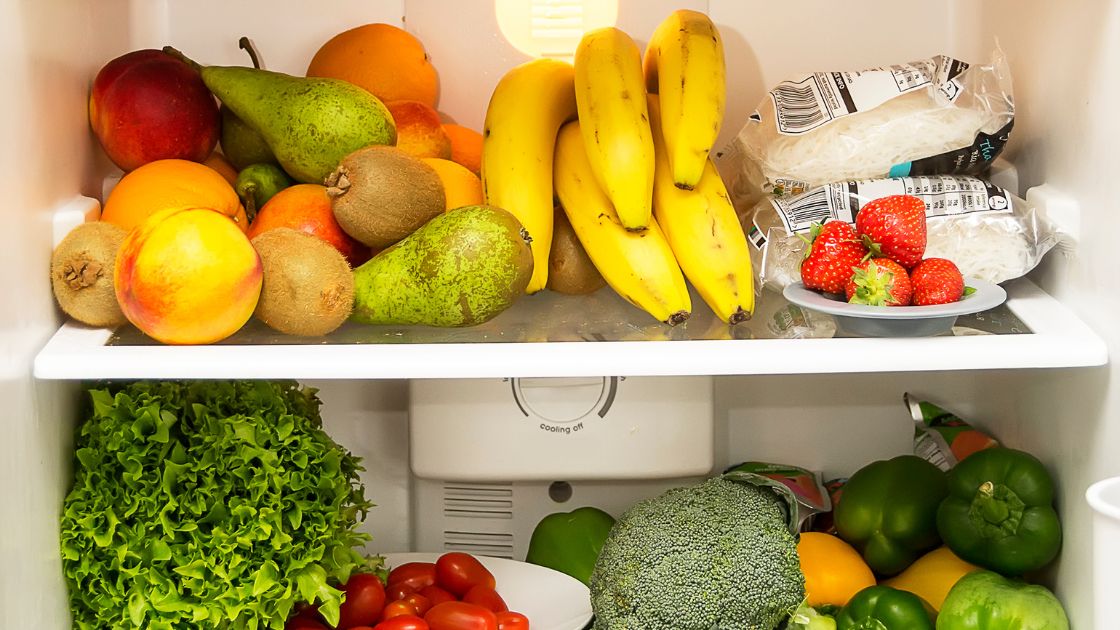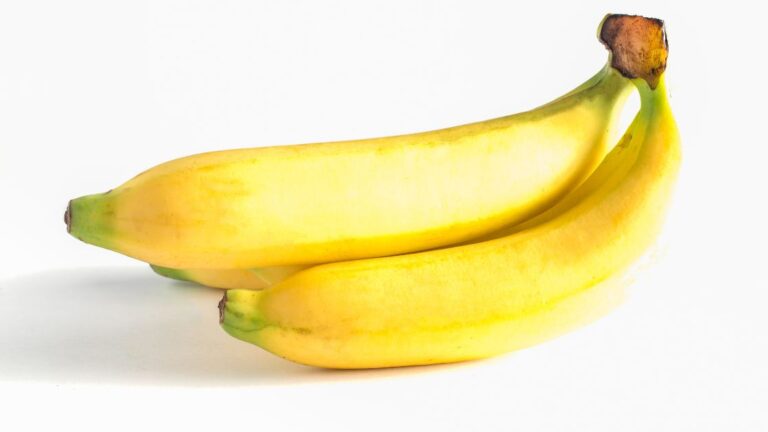- Proper banana storage prevents overripeness and maintains edibility
- Storing bananas at room temperature is the most effective way to keep them fresh
- Separating bananas slows down the ripening process
- Banana hangers help to prevent moisture buildup and mold
- Overripe bananas can be frozen for later use in baking or smoothies
Proper banana storage prevents the fruit from becoming overripe and inedible.
When bananas are harvested, they are still green and unripe.
Over time, they begin to ripen and turn yellow and eventually brown.
If bananas are not stored correctly, they can ripen too quickly, creating unpleasant texture and flavor.
How to Store Bananas: Proper banana storage
Store Bananas at Room Temperature
Storing bananas at room temperature is the most common and effective way to keep them fresh.
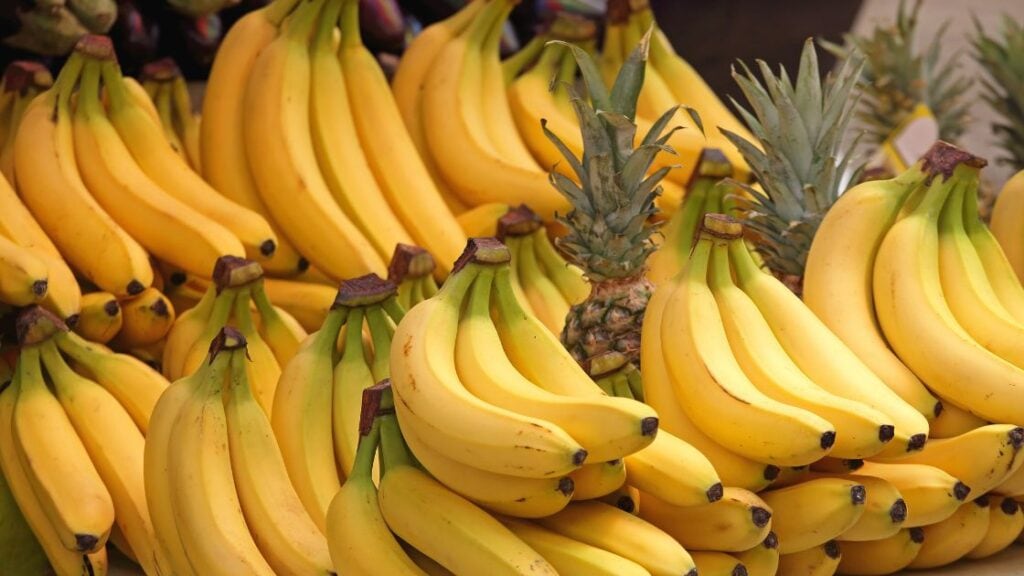
Bananas are best kept in a cool, dry place, away from direct sunlight or heat sources.
This allows them to ripen steadily without becoming too soft or mushy.
Separate Bananas to Slow Ripening
Separating bananas can help slow the ripening process, especially if they are already starting to turn yellow.
When bananas are left in a bunch, they release ethylene gas, accelerating the ripening process.
By separating them, you can reduce the amount of gas produced, which will help the bananas ripen more slowly.
Use Banana Hangers
Banana hangers are a great way to keep bananas fresh for longer.
These special hooks allow you to hang bananas in the air, which allows air to circulate them.
This can help to prevent moisture buildup and mold, which can cause bananas to spoil.
Store Ripe Bananas in the Fridge
If you have already ripe bananas and want to keep them fresh for a few more days, you can store them in the fridge.
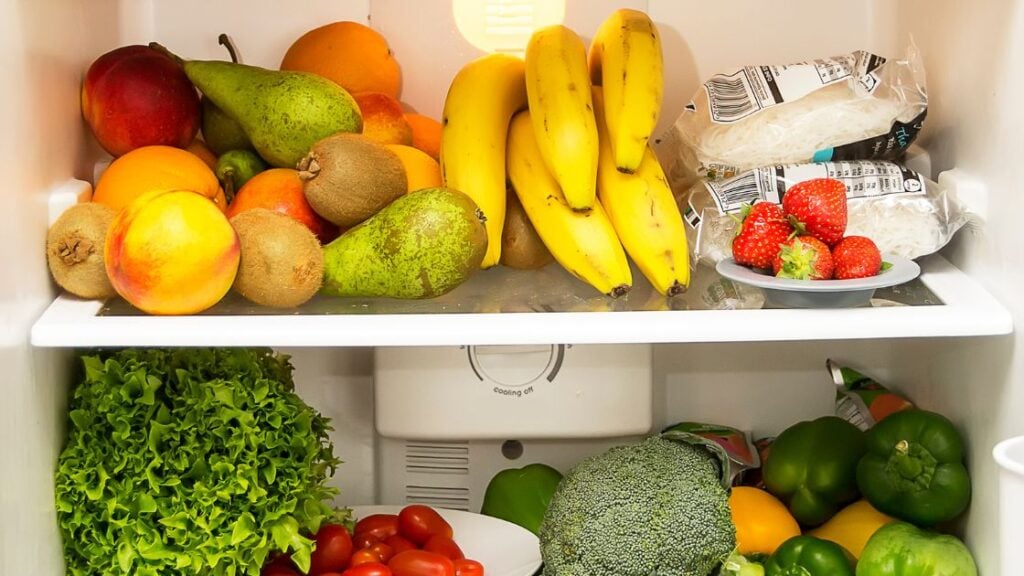
While this will cause the skin to turn brown, the flesh inside will stay fresh and ripe.
However, it’s important to note that storing unripe bananas in the fridge can cause the fruit to become too hard and difficult to peel.
Freeze Overripe Bananas for Later Use
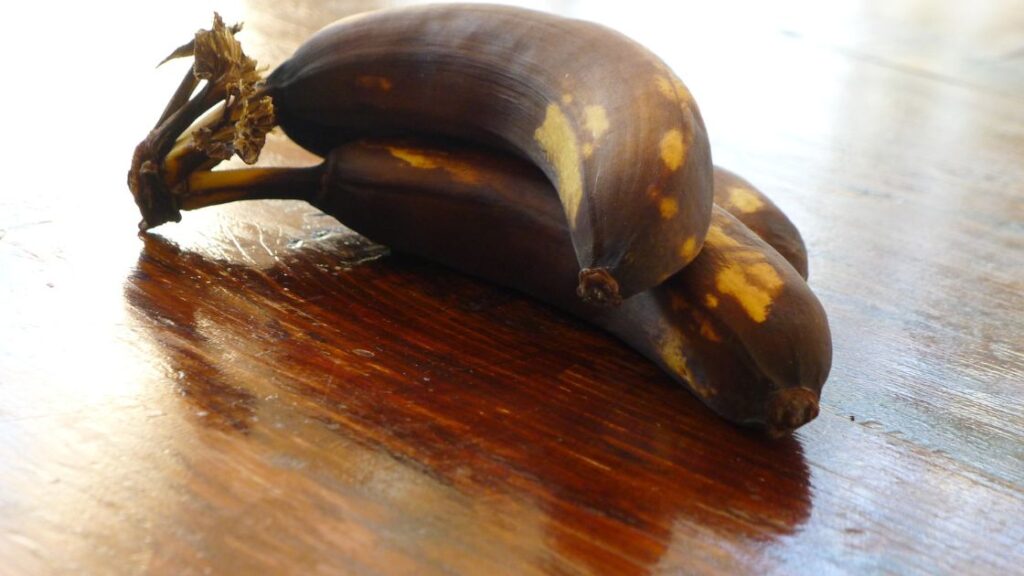
Overripe bananas can be saved from the trash by freezing them for later use.
When bananas become too soft and mushy, they are no longer appealing to eat raw.
However, they are perfect for baking into muffins, bread, or pancakes.
Simply peel the bananas, place them in a plastic bag, and freeze them until you can use them.
More Tips to Store Banana
It’s best to store bananas in a paper bag or wrap them in a paper towel.
This will absorb any excess moisture and keep the bananas fresh for longer.
Making banana bread is always a popular choice if you’re looking for a way to use up overripe bananas.
Simply mash the bananas, mix them with your favorite bread recipe, and bake until golden brown.
The result is a moist and delicious treat that’s perfect for breakfast or a snack.
Another option for using overripe bananas is to freeze them for future use.
Simply slice the bananas into rounds, sprinkle them with lemon juice to prevent browning, and place them on a parchment-lined baking sheet.
Freeze until firm, then transfer the banana slices to a freezer-safe container or bag.
These frozen banana slices are great for adding to smoothies or using as a topping for ice cream.
If you have a lot of ripe bananas and don’t have time to use them all at once, consider making a fruit salad.
Simply peel and slice the bananas, then toss them with other fruits like pineapple and peaches.
The lemon juice in the pineapple will help to prevent the bananas from browning, and the combination of fruits will create a refreshing and healthy snack.
When storing bananas, it’s important to remember that they are a sensitive fruit and can easily bruise.
To prevent bruising, handle bananas with care and avoid placing heavy objects on top of them.
If you notice any brown spots or bruises on the banana peel, it’s best to use those bananas right away or freeze them for future use.
In conclusion, proper banana storage is essential for maintaining the freshness and shelf life of this versatile fruit.
Whether you choose to store them at room temperature, in the fridge, or freeze them for later use, following these storage tips will ensure that your bananas stay delicious and ready to enjoy.
So, the next time you visit the grocery store, remember to pick up some fresh bananas and put these storage tips to good use for the best results!
Frequently Asked Questions
Can I store bananas in the fridge?
It’s not recommended to store unripe bananas in the fridge, as this can cause the fruit to become too hard and difficult to peel.
However, ripe bananas can be stored in the fridge for a few days to keep them fresh.
How long do bananas last at room temperature?
Bananas can last for several days to a week at room temperature, depending on how ripe they are when you buy them.
If you want to slow down the ripening process, you can separate the bananas and store them in a cool, dry place.
Can I store bananas with other fruits?
It’s not recommended to store bananas with other fruits or vegetables that produce ethylene gas, such as apples, avocados, or tomatoes.
This can cause the bananas to ripen too quickly and become overripe.
It’s best to store bananas separately or with fruits that do not produce ethylene gas, such as citrus fruits or berries.
Can I store bananas in a plastic bag?
While storing bananas in a plastic bag can help to prevent them from ripening too quickly, it can also trap moisture and cause the fruit to become moldy.
